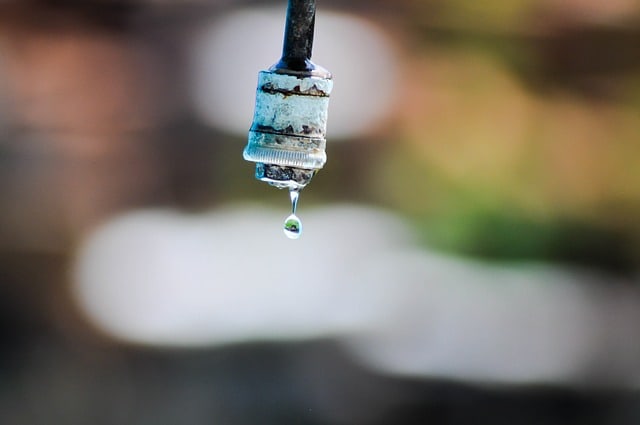There is a possibility of Water shortage in England within 25 years’ time-the warning has been given from the chief executive of the Environment Agency.
As per Sir James Bevan, it is now the ‘‘jaws of death” for the country when the demand of water of the rising population of the country is greater than the supply which is falling due to climate change.
He came up with specific suggestions to avoid the situation such as one-third reduction in the consumption of water by the people, stopping 50% leakage from the pipes of the water company and also others like building big reservoirs, planting desalination plants in more number and transferring water across the country.
“Around 25 years from now, where those [demand and supply] lines cross is known by some as the ‘jaws of death’ – the point at which we will not have enough water to supply our needs, unless we take action to change things,” Bevan told The Guardian, before a speech on Tuesday at the Waterwise conference in London.
“We need water wastage to be as socially unacceptable as blowing smoke in the face of a baby or throwing your plastic bags into the sea,” he asserted.
In the speech, Bevan says: “Water companies all identify the same thing as their biggest operating risk: climate change.” He added that by 2040 the half and even more of our summers would be hotter than the 2003 heatwave which will lead to more shortages of water and potentially 50%-80% less water in the summer in some rivers.
The UK’s population is expected to increase from 67 million to 75 million in 2050, causing a rise in the demand for water. According to Bevan, daily average water usage of a person, which is now 140 liters could be reduced to 100 liters by more efficient use of water in homes and gardens in 20 years. At present, nearly one-third of water gets lost because of leaks or wastage.
The change that is crucial and at the same time most controversial to increase the water supply is building new mega-reservoirs similar to that proposed near Abingdon in Oxfordshire. “We have not built a new reservoir in the UK for decades, largely because clearing all the planning and legal hurdles necessary is so difficult and local opposition so fierce,” Bevan explains. The government plans to streamline the planning process. “That will be controversial, but it’s the right thing to do,” adds Bevan.
The stressed areas that face water scarcity like the south-east are the ones that need more water. Therefore, water needs to be transferred via pipelines or canals across the country as per Bevan. Presently such transfers cover only 4% of current supplies between individual water companies. However, 20 new transfer projects are in the proposed plan. He also emphasized on the need of turning seawater into drinking water, and that requires more desalination plants like Thames Water’s Beckton plant.
“While there will be political challenges, there should be less difficulty over the economics,” Bevan says. “That’s because the investment needed to increase our resilience is modest compared with the cost of not doing it. While a severe drought would cost each household more than £100, the cost per household of the investment that would greatly reduce the risk is only £4 a year.”
The regulators of water want water companies to reduce leakage by 15% by 2020, and in the past, huge fines also charged for their failure to meet targets.
The chief executive of Water UK, Michael Roberts and the representative of the water companies, said: “As well as planning increasing investment, water companies have publicly committed to cut leakage by 50% by 2050.”
“We’re also working with government and regulators to find ways to make it easier for people to reduce their daily water use, and if we all work together on this we can make sure the country continues to get the water it needs,” said Roberts. “A twin-track approach is the right way to go, reducing demand for water at the same time as increasing supply.”
Tom Lancaster at the Royal Society for the Protection of Birds (RSPB), which is part of the Blueprint for Water coalition of 18 NGOs, said it is also crucial that wildlife and natural habitats are protected from the excessive abstraction of water.
“Government proposals to reform water abstraction and improve water management are necessary if we are to balance the needs of people and the natural environment,” he said adding “This should start with government placing a duty on water companies to restore and enhance nature.”






